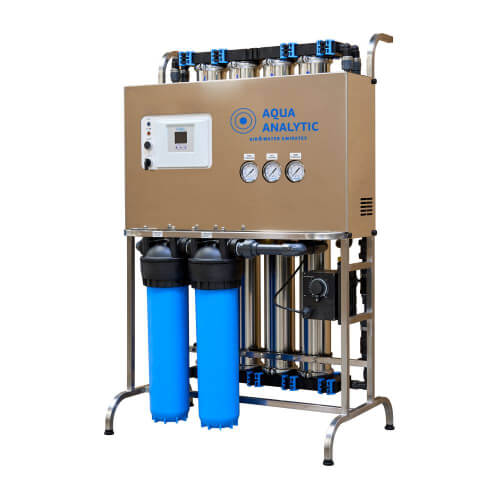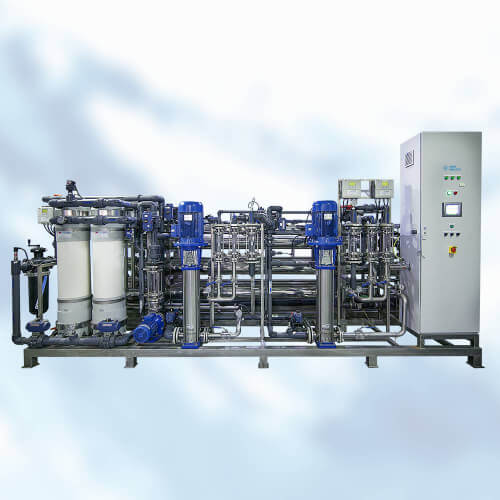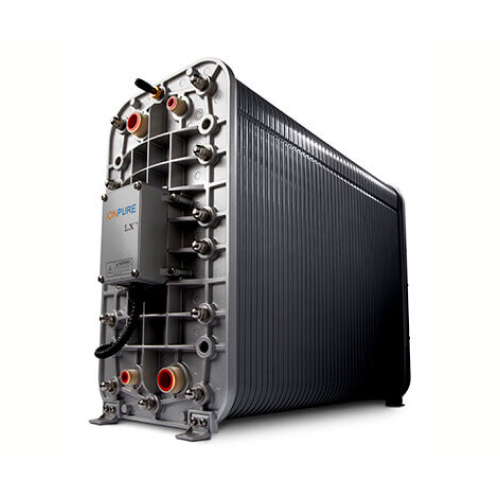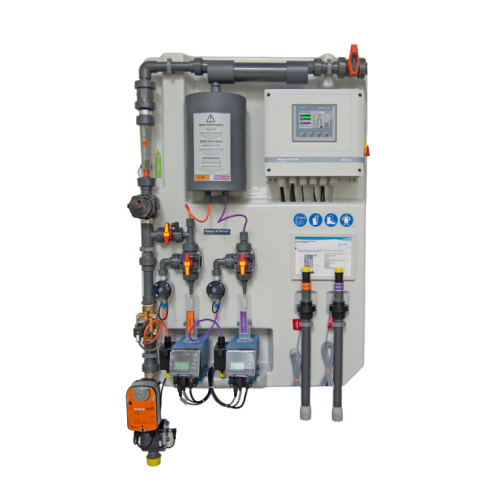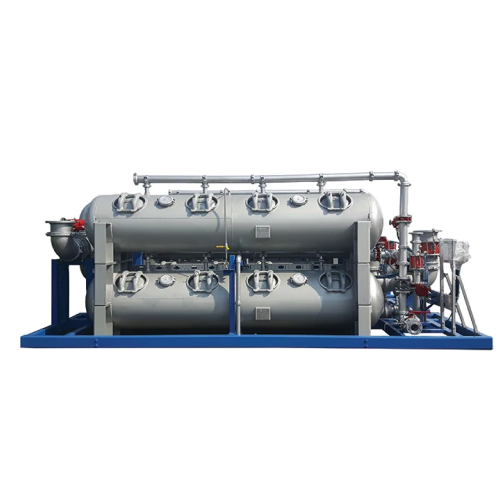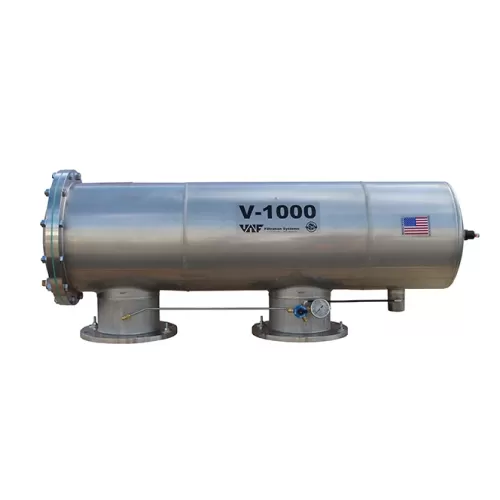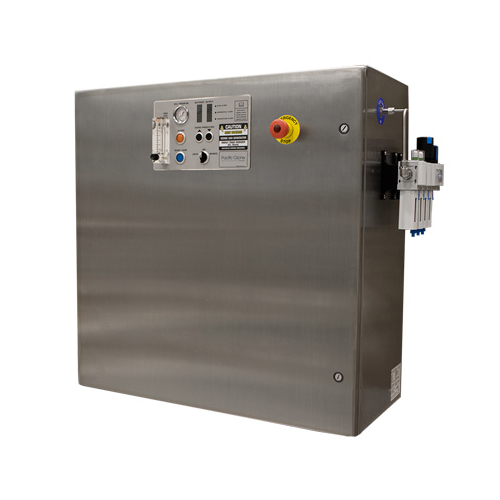Clean Water’s Vital Role in Solar Power Plants
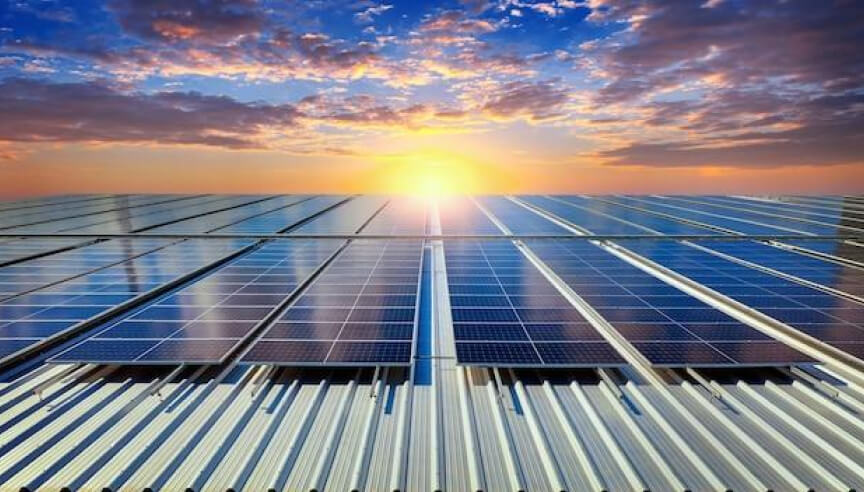
In the pursuit of sustainable energy, solar power has emerged as a beacon of hope, offering a clean and renewable alternative to traditional sources. Amidst the impressive arrays of solar panels and cutting-edge technology, an often-overlooked necessity stands tall: clean water. The significance of pristine water within solar power plants goes beyond hydration; it’s a fundamental cornerstone that fuels efficiency, longevity, and environmental responsibility.
The Essential Nexus: Clean Water’s Vital Role in Solar Power Plants
Introduction:
In the pursuit of sustainable energy, solar power has emerged as a beacon of hope, offering a clean and renewable alternative to traditional sources. Amidst the impressive arrays of solar panels and cutting-edge technology, an often-overlooked necessity stands tall: clean water. The significance of pristine water within solar power plants goes beyond hydration; it’s a fundamental cornerstone that fuels efficiency, longevity, and environmental responsibility.
The Water-Solar Symbiosis:
While the sun’s rays power the photovoltaic and concentrated solar power systems, water becomes an indispensable ally in various critical functions within these plants. From cooling to maintenance, the role of water is intrinsic to ensuring the optimal performance of solar power infrastructure.
- Cooling Systems: Concentrated solar power (CSP) plants often employ water for cooling. In these systems, water circulates through heat exchangers to generate steam, powering turbines. The efficient operation of these systems hinges on the quality and cleanliness of the water.
- Panel Maintenance: Solar panels, whether in CSP or photovoltaic setups, require periodic cleaning to maximize energy absorption. Clean water is essential for removing dust, dirt, and other debris that accumulate on the panels, ensuring optimal sunlight absorption and energy output.
The Imperative of Clean Water:
The need for clean water in solar power plants is not merely a matter of convenience but a critical factor influencing performance, efficiency, and sustainability. The quality of water directly impacts the effectiveness and lifespan of vital components within these facilities.
- Enhanced Efficiency: Clean water ensures efficient heat transfer in cooling systems. Contaminants, such as minerals or sediments, can lead to scaling or corrosion, impeding heat exchange and reducing overall plant efficiency.
- Longevity of Equipment: The lifespan of crucial components, such as pumps, pipes, and heat exchangers, is significantly influenced by water quality. Proper water treatment safeguards against corrosion, fouling, and other issues that can compromise the longevity of these components.
- Environmental Responsibility: The use of clean water not only optimizes performance but also aligns with environmental sustainability. Minimizing water usage and ensuring responsible water treatment processes contribute to reducing the environmental footprint of solar power plants.
Strategies for Water Management:
Implementing efficient water management strategies is paramount for the sustainable operation of solar power plants. Employing advanced filtration, purification, and recycling technologies helps conserve water, maintain its quality, and minimize environmental impact.
Looking Ahead:
As the global shift towards renewable energy intensifies, the synergy between clean water and solar power will continue to evolve. Innovations in water treatment, coupled with sustainable practices, will drive the industry towards increased efficiency and reduced environmental impact.
Conclusion:
Clean water isn’t just a complementary component; it’s the lifeblood that sustains the efficiency, reliability, and sustainability of solar power plants. Recognizing and prioritizing the critical need for pristine water within these facilities isn’t merely a choice—it’s a fundamental necessity on the path towards a greener and more sustainable energy future.

